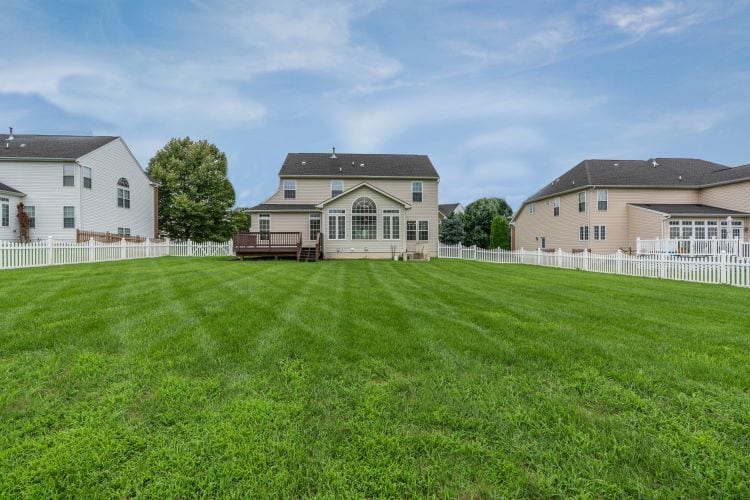The Pros and Cons of Renting a Home

More than 100 million Americans rent their homes. If you’re also a renter, you’re in good company. But is it the best decision for your wallet and quality of life? What are the pros and cons of renting a home?
If you’re contemplating changing your living situation, make sure you weigh these benefits and drawbacks of renting to make an informed decision.
The Pros of Renting
1. Reduced Costs
One of the best parts of renting is the reduced out-of-pocket costs you face. If the air conditioning breaks or a few shingles fall off the roof, your property manager is responsible for covering the costs of the damage. All of those costs default to the property manager, leaving you to concentrate on your rent and utilities. That isn’t to say rent is cheap, but you can use a rent calculator to get an idea of what you can afford to pay without breaking the bank.
Even better, you don’t need to consider expenses like property taxes, mortgage insurance, homeowners’ insurance, and other out-of-pocket costs that often blindside new homeowners. You can and should have renter’s insurance, but it’s relatively cheap.
2. Fewer Maintenance Responsibilities
Forget about taking time to fix the leaking roof or renovate outdated kitchen cabinets. Along with fewer maintenance costs, renting demands very few maintenance responsibilities. Though your exact maintenance tasks will vary based on your property management company and whether you rent a single-family home, townhouse, or apartment, there’s no doubt that you’ll face fewer jobs than a homeowner.
3. Easier to Move
Renting is by its nature a short-term arrangement. Most residential leases carry a 12- or 24-month term, so you have the freedom to move somewhere else at the end of each year or so – or less if you give the required amount of notice. This is a great perk if your job keeps you bouncing around, or you plan to go back to school, or you just want to keep your options open.
The Cons of Renting
1. Prices Rise Over Time
It’s important to consider that rents generally go up over the long haul. Case in point: The median rent amount in 1998 was only $450, but surged to more than $1,000 in 2019, according to the U.S. Census Bureau.
Exceptions do exist, like in times of recession or if the local real estate market has a glut of properties. But usually, you’ll see a higher monthly rent figure on your lease every time that you choose to renew it. This can become extremely frustrating since you’re paying more for a property that isn’t changing or improving.
2. It’s a Cost That Buys Nothing
Well, not strictly nothing: Rent does get you a roof over your head. But you pay this annually increasing sum without your money ever getting you ownership of anything. Unlike a mortgage payment, which increases your equity in an asset that you can leverage in the future or pass down to your children, a rent payment simply helps your landlord line his pockets with a profit. Just like leasing a car, you have nothing of your own to keep – no progress to show – at the end of your residency in a rental, no matter how many years you put in.
3. Less Stability
Rentals offer flexibility, but it’s a two-sided coin. Flexibility also causes instability. When you rent, it’s harder to put down roots and feel like you belong to a community. Your neighbors might change every few months. This instability risks leaving you feeling isolated, lonely, or disconnected from your surroundings. You can’t even remodel or decorate a rental unit without risking your security deposit.
4. Limited Control Over Your Surroundings
Renting requires you to live in someone else’s property. As much as you may love it, you can’t repaint walls, replace the floors, add a room, or build a fence around the backyard. You must accept the place as-is and live with limited control over your surroundings. Some people are perfectly happy with this low-maintenance, no-hassle way of living, but others feel frustrated by the restraints.
While renting offers its own benefits, there are many drawbacks associated with it as well. It can be a good choice if you’re not in a position to commit, either financially or emotionally, to a permanent residence. Or, if you don’t want the extra hassles and stress of homeownership.
On the other hand, by staying unencumbered, you don’t invest in or build anything, either.
Don’t wait to get out of debt! Read this: A Complete, Step-By-Step Guide to Get Out of Debt.










